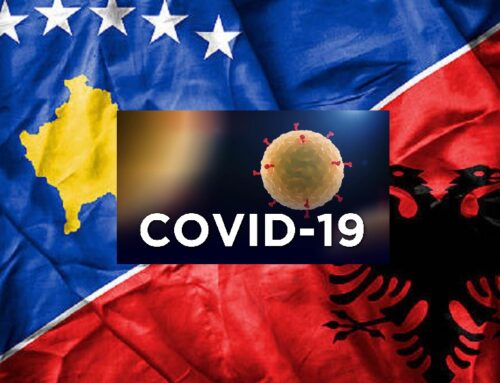Russian-Western relations are at their lowest level since the end of the Soviet Union.
The accusation of Russian interference in the 2016 US elections; the ongoing opposite interest over Syrian war; the Ukrainian crisis and the recent allegations that Russia used a nerve agent that killed a former Russian spy in Britain, are all factors that have soured the balance between Putin’s Russia and the West.
In a situation that feels even worse than in some periods of the Cold War era, Russia needs a strong leader to counterbalance the “aggressive West”. Thus, it was not a surprise for anybody that Putin was re-elected on the 18th of March, marking his 4th mandate. Vladimir Vladimirovich Putin went from president to become the Leader of Russia for many years.
Yet, “why does Russia even have elections?”, Croatian news questioned. The winner is already known in an autocratic Russia, which does not give real choice between candidates. To this question, the Croatian newspaper Index answered that Putin needed an illusionary democracy to show both, the internal and external public.
Following the elections, Sarajevo Times published an article underlying the geostrategic importance of Bosnia and Herzegovina for both Russia and US. According to the article, great powers are trying to have greater influence in BiH, with the US having the greatest leverage.
Nevertheless, Putin’s close ties with the president of Republika Srpska, M. Dodik, have been seen as strategic move to undermine or to slow down BiH’s path towards NATO and EU.
In fact, on the contrary to the Sarajevo central government, Dodik has congratulated Putin’s victory: “The transformation and progress that Russia underwent under Putin’s administration all these years, proves the benefit of his policy, which led to the welfare of Russia and of the Russian people”.
Not surprisingly, Serbia showed strong support to its “reliable partner country” and president Vučić wished Putin “to continue leading [his] country firmly in the path of progress […] by successfully solving all important issues significant for Russia and by carrying out the plans for its comprehensive development.”
For Serbia, the re-election of Putin means preservation of Serbian’s integrity and freedom, as well as a continuous safeguard of the Serbian interest within the United Nations and other international organizations. The Serbs majorly agree that Serbia’s interest are best defended by maintaining strong ties with Russia, while, on the other hand, they are skeptical on the EU membership.
RTCG for Montenegro, on the question “what will happen after Putin’s 6 years mandate?”, has said not to be surprised if Putin will try to extend his rule by following the “recipe” of the Chinese leader Xi Jinping: removing the restrictions related to the number of mandates; or organise a sort of political process that will turn him like the Iranian leader Ayatollah.
Finally, Macedonia has questioned “what will happen in the Balkan with the re-election of Putin?”. According to Slobodna Evropa, some analysts believe that Russia will enter a new phase of influence in Macedonia, but to others, there will be no changes as Macedonia has already shown its interest in joining the EU and NATO. What is sure, however, is that the old policy of Putin toward the Balkans will remain the same: trying to undermine the integration of any country in the Balkan in the EU or NATO.
Former ambassador Blagoj Zasov has stated that “there is not going to be any pressure intensified in Macedonia after the re-election of Putin. Russia is not an alternative to us, however, we should congratulate the President and keep good diplomatic and economic relations with this country, that anyway I would like to call a friend.”
Thus, within the Western Balkan only Serbia and Republika Srpska, the entity of BiH, support Putin, seeing him as a strong leader and a friend, while the other countries see his leadership as a form of authority. Nevertheless, Serbia, while keeping good diplomatic relations with its strategic partner, is still looking towards EU membership.
On the other hand, Croatia and even Macedonia have expelled Russian diplomats in solidarity with Britain following the Salisbury attack. While pleasing the West, this move has soured their relations with Russia.
Image source:


Leave A Comment